Books from archive.org
Thanks to the tireless work of archive.org, the classic books (as audio books) have become available.
I was the personal sound engineer for Frank Zappa who created Frank’s vocal effects and recorded and mixed all these albums:
• 200 Motels
• Just Another Band From LA
• Overnight Sensation
• Apostrophe and
• Live at the Fillmore East.
For those projects I used analog tape machine speed controls and sound processing outboard gear. Today, I use a Digital Audio Workstation (DAW). I have used similar techniques with some of these books, enhancing the recordings slightly. When the reader sounded rushed, I slowed the pace down. Also, I tried to make some readers sound more like a famous Hollywood movie actor. I included some sounds of Nature to make the finished product less stark. When no suitable audio book is found, I present a PDF to read. I hope you find the result pleasing.
Note: Once started, the Full Book Player will play the chapter you selected and then the rest of the entire book. If you click the repeat button, all the recordings will repeat. If you click the repeat button twice, the number 1 will appear and it will repeat the current recording only.
Clicking the random button will play the recordings in random order.


—————BOOK MENU—–———
Moby Dick • Your Invisible Power •
The Science Of Getting Rich •
The Kingdom Of Happiness •
The Food Of The Gods •
The Early History Of The Airplane
The Demon-Haunted World
———––––——————————-
Herman Melville
Moby Dick
Read by Stewart Wills
Please use the Full Book Player to listen to this book
Moby-Dick; or, The Whale is an 1851 novel by American writer Herman Melville. The book is the sailor Ishmael's narrative of the maniacal quest of Ahab, captain of the whaling ship Pequod, for vengeance against Moby Dick, the giant white sperm whale that bit off his leg on the ship's previous voyage. A contribution to the literature of the American Renaissance, Moby-Dick was published to mixed reviews, was a commercial failure, and was out of print at the time of the author's death in 1891. Its reputation as a Great American Novel was established only in the 20th century, after the 1919 centennial of its author's birth. William Faulkner said he wished he had written the book himself, and D. H. Lawrence called it "one of the strangest and most wonderful books in the world" and "the greatest book of the sea ever written". Its opening sentence, "Call me Ishmael,” is among world literature's most famous.
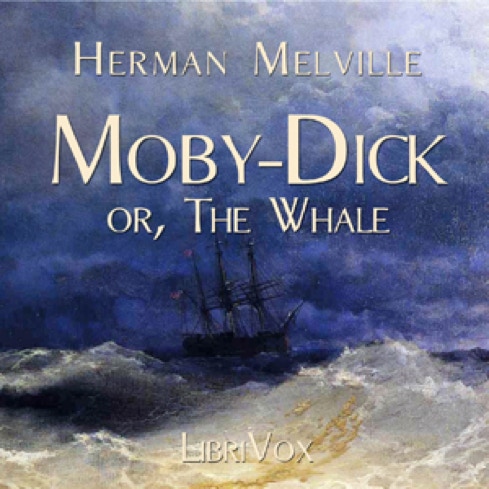
—————BOOK MENU—–———
Moby Dick • Your Invisible Power •
The Science Of Getting Rich •
The Kingdom Of Happiness •
The Food Of The Gods •
The Early History Of The Airplane
The Demon-Haunted World
———––––——————————-
Geneviève Behrend
Your Invisible Power
Read by Algy Pug
Please use the Full Book Player to listen to this book.
Geneviève Behrend (1881 in Paris – 1960 in United States) was a French-born author and teacher of Mental Science, a New Thought discipline taught by Thomas Troward.
There is little known about her early life except that one of her parents was Scottish. After her husband died she traveled extensively. She studied Christian Science and met its founder Mary Baker Eddy, but ultimately left that faith. She met Abdul Baha, whose father had founded Baháʼí Faith, and he told her that she would “travel the world over seeking the truth, and when she had found the truth, she would speak it.” She later wrote in her book Your Invisible Power that she found a book of Thomas Troward's lectures.
Inspired by this, she wanted to study with Troward, but lacked the money to travel to Cornwall, England where he lived, as she was then living in New York. So every night and morning she visualized counting out twenty $1,000 bills, buying her ticket to London, travelling on the ship, and being accepted as Troward’s pupil. She also constantly affirmed to herself, “My mind is a center of Divine operations”. Then, to quote her in Your Invisible Power, "While these reflections were going on in my mind, there seemed to come up from within me the thought: 'I am all the substance there is.' Then, from another channel in my brain the answer seemed to come, 'Of course, that's it; everything must have its beginning in mind. The 'I', the Idea, must be the only one and primary substance there is, and this means money as well as everything else.' My mind accepted this idea, and immediately all the tension of mind and body was relaxed.” In about six weeks, she received the money.
From 1912 until 1914 she studied with Thomas Troward; Behrend was the only personal student he had throughout his life.
After her studies with Troward she founded a New Thought school called The School of the Builders in approximately 1915 in New York City, running it herself until 1925. She then founded another New Thought school in Los Angeles, after which she traveled throughout North America lecturing on mental science and New Thought for 35 years, as well as giving radio broadcasts.
She is quoted as an expert in the best-selling self-help book The Secret by Rhonda Byrne.
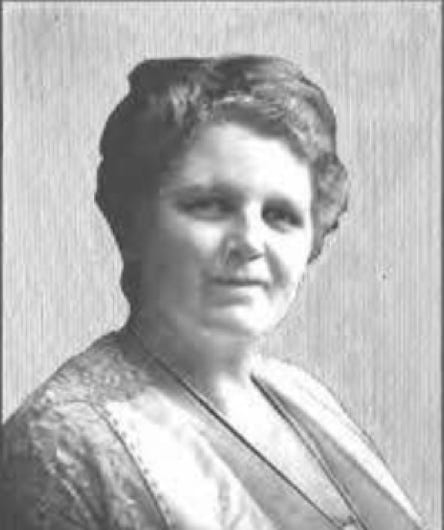
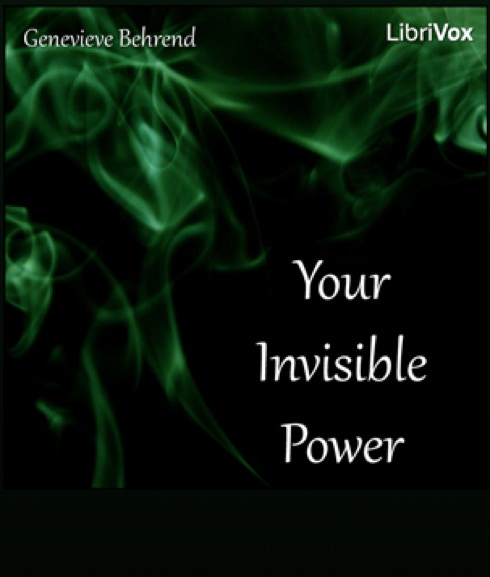
—————BOOK MENU—–———
Moby Dick • Your Invisible Power •
The Science Of Getting Rich •
The Kingdom Of Happiness •
The Food Of The Gods •
The Early History Of The Airplane
The Demon-Haunted World
———––––——————————-
Wallace D. Wattles
The Science of Getting Rich
Read in English by Daniel Sanchez
Please use the Full Book Player to listen to this book.
First came this book. This led to The Secret. If you listen to both, you will see the progression of these powerful ideas.
This groundbreaking book uses simple language to bring an astonishing idea to the world. Our thoughts, powered with the emotion of gratitude, can change our habits, circumstances and opportunities. By understanding this fact on a practical scientific level, we can experiment and build new lives for ourselves filled with financial success. While it has astounding metaphysical implications, here finally is a practical guide on how to adjust our mental attitude, which will result in riches and a better life.
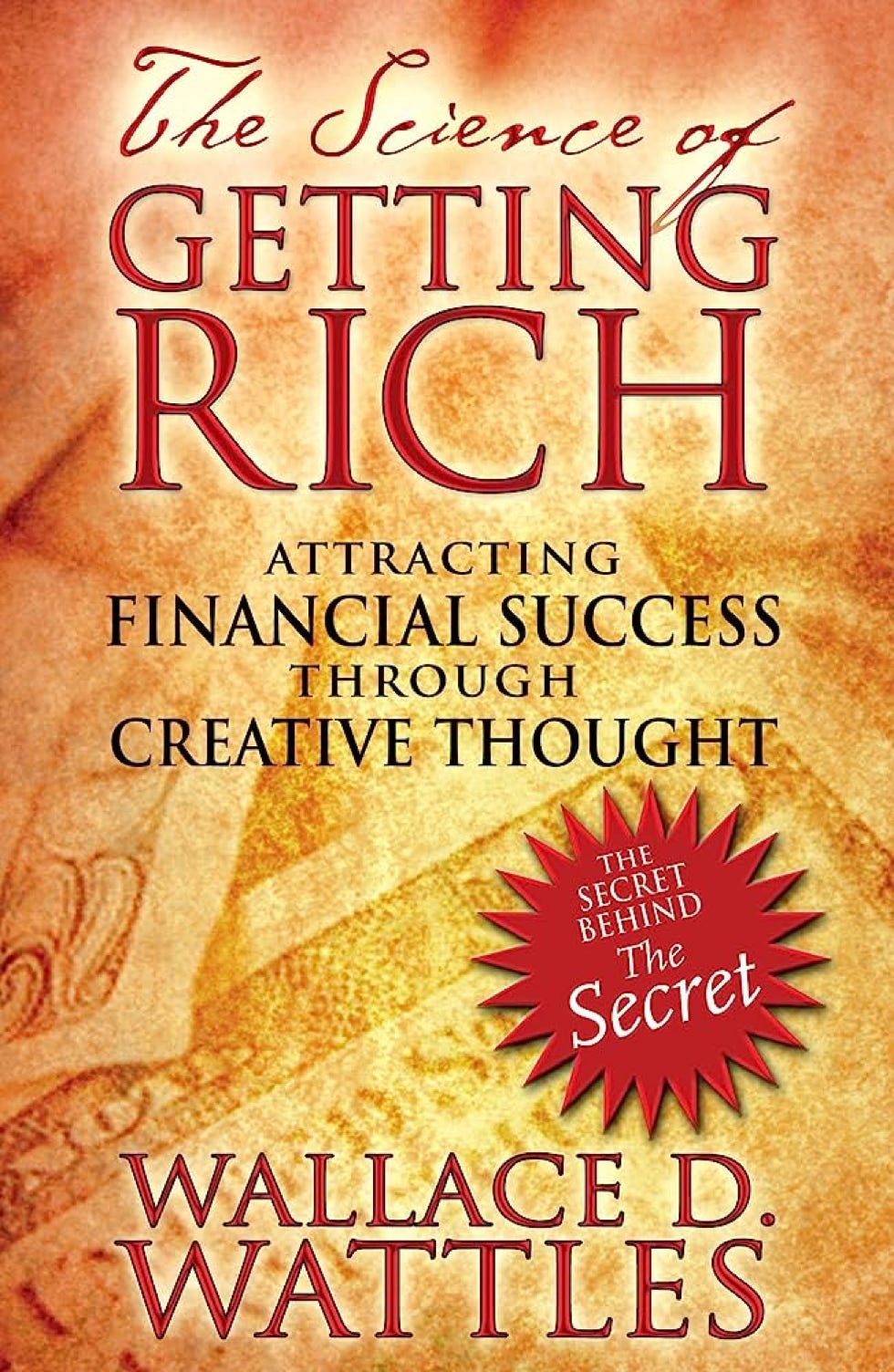
—————BOOK MENU—–———
Moby Dick • Your Invisible Power •
The Science Of Getting Rich •
The Kingdom Of Happiness •
The Food Of The Gods •
The Early History Of The Airplane
The Demon-Haunted World
———––––——————————-
Jiddu Krishnamurti
The Kingdom of Happiness
Read in English by Scotty Smith
Please use the Full Book Player to listen to this book.
The first publication of talks given by Jiddu Krishnamurti, a uniquely original thinker of the 20th century. Selected as a boy by leaders of the Theosophical Society to become the next messianic World Teacher, Krishnamurti, a South Indian Brahmin, was groomed and educated in England and an organization, the 'Order of the Star of the East,' was established in 1911 to prepare him and the public for this role. When he had apparently manifested as the World Teacher, the organization became simply the 'Order of the Star' in 1927, based in Ommen, the Netherlands and Krishnamurti was its head.
This book is a collection of talks given at Eerde Castle in Ommen to members of the order on the nature of a so called "Kingdom of Happiness" and what it takes to realize. Much of the language is steeped in metaphor and spiritual terminology which contrasts the bulk of Krishnimuti's talks and writing over a sixty year period, possibly owing to the audience and appeasement to expectations. In fact, as Krishnamurti could not reconcile his core beliefs to the very organization itself, he completely disbanded it in 1929, returning all donations and becoming an independent speaker and writer.
Nevertheless, for the careful listener digging below the surface, many of Krishamurti's insights that remained consistent throughout his life are evident here.
"Truth is a pathless land.”—Scotty Smith
H. G. Wells
The Food Of The Gods
From
https://ia601408.us.archive.org/2/items/in.ernet.dli.2015.149030/2015.149030.The-Food-Of-The-Gods.pdf
In what’s left of a “free press,” we’ve seen news items recently about:
- 1. ultra-rich people making uneducated clones of themselves (kept isolated in solitary confinement) to provide spare parts in case the rich person becomes diseased. This is the subject of the blockbuster Hollywood movie The Island . . .
- 2. scientists being able to fabricate human being clones WITHOUT any contribution from a mom or a dad . . .
Now the premise of H. G. Wells’ book The Food Of The Gods suddenly comes into much sharper focus!
What could be “better” than a million-man, uneducated clone army of 40 foot high soldiers each carrying an artillery piece as a hand-held weapon?
(Back to the book.)
The Food of the Gods is divided into three books:
Book I: The Dawn of the Food
Book II: The Food in the Village and
Book III: The Harvest of the Food
Book I begins with satirical remarks on "scientists" and introduces Mr. Bensington, a research chemist who specializes in "the More Toxic Alkaloids,” and Professor Redwood, who studies reaction times and takes an interest in "Growth.”
Book II offers an account of the development of Mrs. Skinner's grandson, Albert Edward Caddles, as an epitome of "the coming of Bigness in the world.” Wells takes the occasion to satirize the conservative rural gentry (Lady Wondershoot) and the Church of England clergy (the Vicar of Cheasing Eyebright) in describing life in a backward little village.
Book III begins with a chapter, "The Altered World,” which dramatizes how life has changed by portraying the shocked reaction of a Rip van Winkle-like character who is released from prison after he was incarcerated for 20 years. British society has learned to cope with occasional outbreaks of giant pests (mosquitoes, spiders, rats etc.), but the coming to maturity of the giant children brings a rabble-rousing politician, Caterham, nicknamed "Jack the Giant Killer,” into power. Caterham has been promoting a program to destroy the Food of the Gods, hints that he will suppress the giants and now begins to execute his plan.
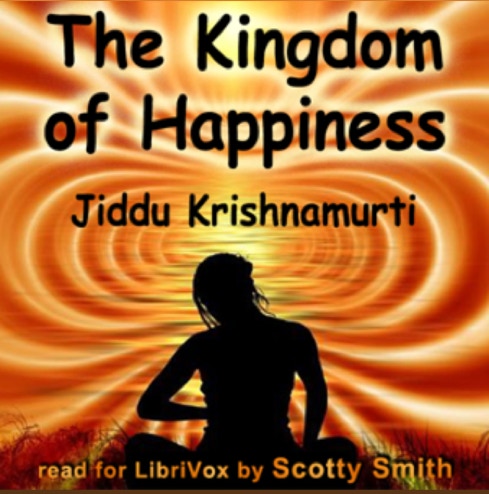
—————BOOK MENU—–———
Moby Dick • Your Invisible Power •
The Science Of Getting Rich •
The Kingdom Of Happiness •
The Food Of The Gods •
The Early History Of The Airplane
The Demon-Haunted World
———––––——————————-
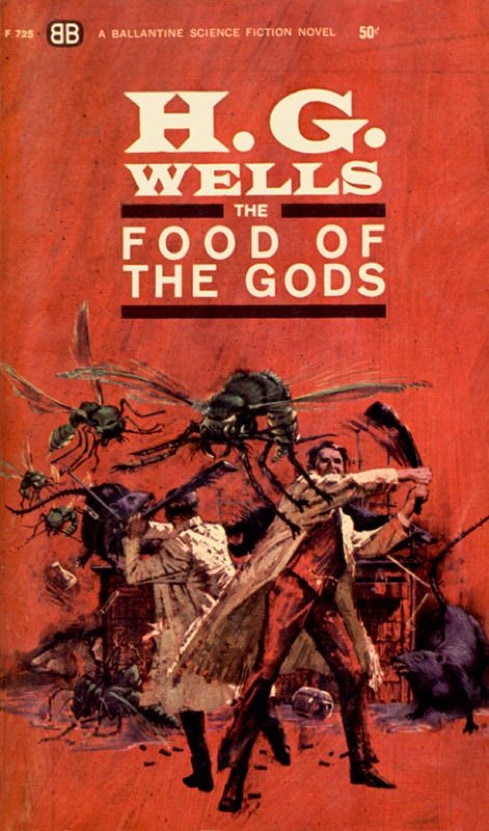
—————BOOK MENU—–———
Moby Dick • Your Invisible Power •
The Science Of Getting Rich •
The Kingdom Of Happiness •
The Food Of The Gods •
The Early History Of The Airplane
The Demon-Haunted World
———––––——————————-
Orville and Wilbur Wright
The Early History of the Airplane
From
https://archive.org/details/early_history_airplane_1003_librivox
Two brothers—Orville (1871 - 1948) and Wilbur (1867 – 1912) Wright—made the first controlled, powered and sustained heavier-than-air flight, on the 17th. of December, 1903.
They were not the first to build and fly an aircraft. They were the first to invent the controls that were necessary for a pilot to steer the aircraft. This made fixed wing, powered flight possible.
The Early History of the Airplane consists of three short essays about the beginnings of human flight.
- 1. The first essay is about their childhood adventures, especially those revolving around toys that flew.
- 2. The second essay tells the story of the day of their first flight. Man’s first controlled heavier-than-air powered flight took place.
- 3. The third essay is about working out all the technical problems facing the Wright brothers in their efforts to make their invention more controllable and reliable.
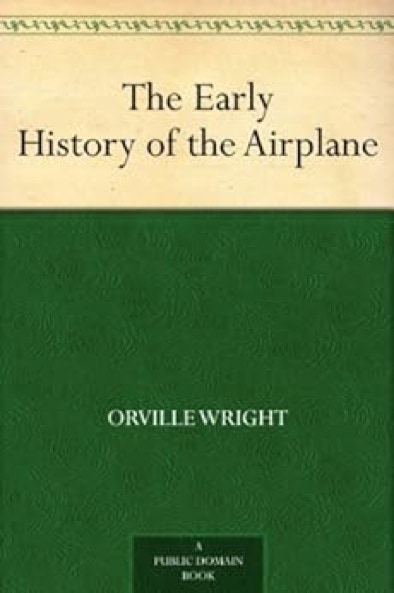
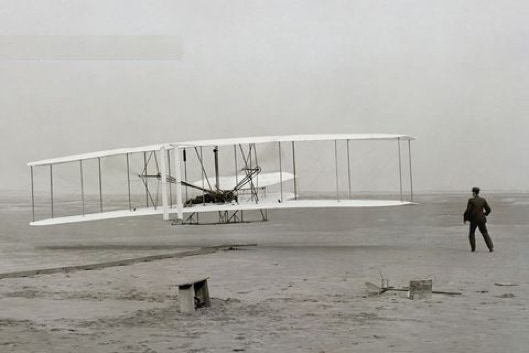
—————BOOK MENU—–———
Moby Dick • Your Invisible Power •
The Science Of Getting Rich •
The Kingdom Of Happiness •
The Food Of The Gods •
The Early History Of The Airplane
The Demon-Haunted World
———––––——————————-
Carl Sagan
The Demon-Haunted World
From
https://archive.org/details/B-001-001-709
Read the book
https://shermankeene.com/Carl-Sagan-The-Demon-Haunted-World.pdf
One of the saddest lessons in history is this: If we’ve been bamboozled long enough, we tend to reject any evidence of the bamboozle. We’re no longer interested in finding out the truth.
The bamboozle has captured us. It’s simply too painful to acknowledge, even to ourselves, that we’ve been taken.
Once you give a charlatan power over you, you almost never get it back. So the old bamboozles tend to persist as the new ones rise.
P. 241
I have a foreboding of an America in my children's or grandchildren's time
- ✓ when the United States is a service and information economy
- ✓ when nearly all the key manufacturing industries have slipped away to other countries
- ✓ when awesome technological powers are in the hands of a very few, and no one representing the public interest can even grasp the issues
- ✓ when the people have lost the ability to set their own agendas or knowledgeably question those in authority
- ✓ when, clutching our crystals and nervously consulting our horoscopes, our critical faculties in decline, unable to distinguish between what feels good and what's true
- ✓ we slide, almost without noticing, back into superstition and darkness.
The dumbing down of America is most evident in the slow decay of substantive content in [the censored, corporation-owned] enormously influential media,
P. 28
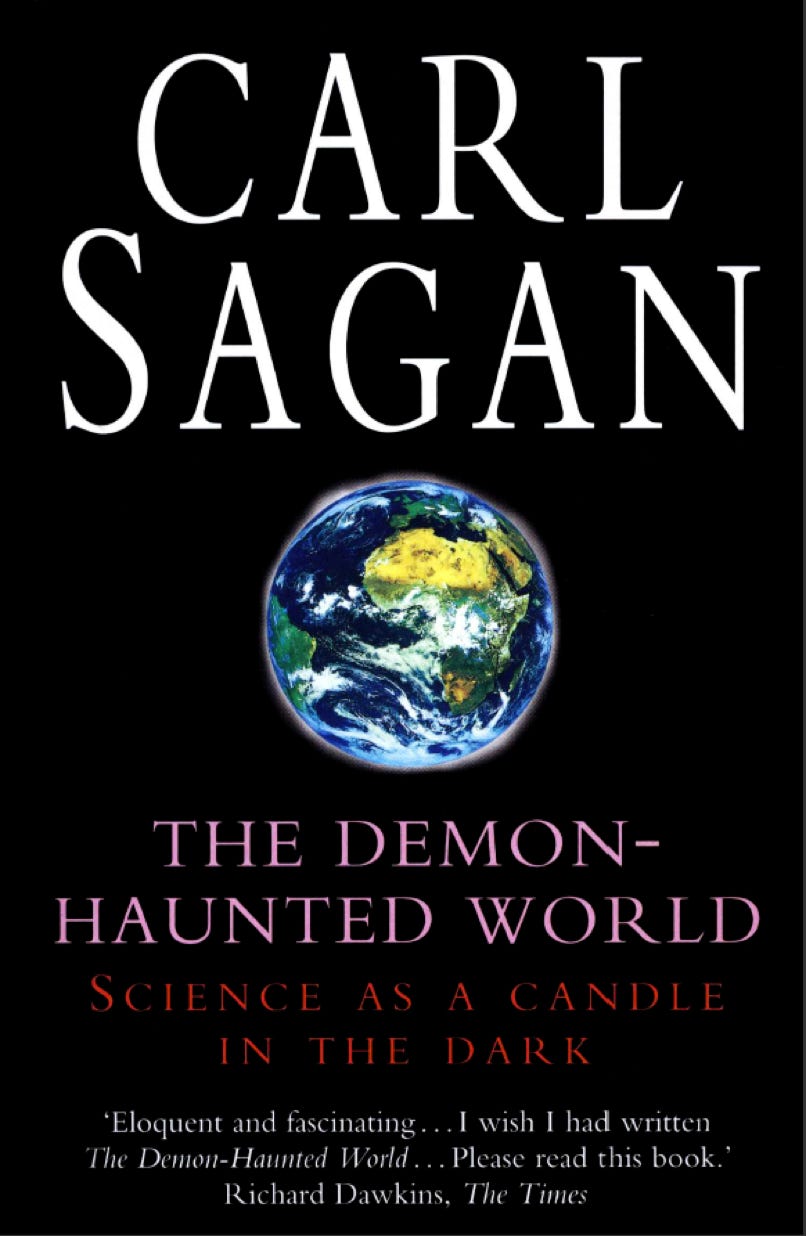
###